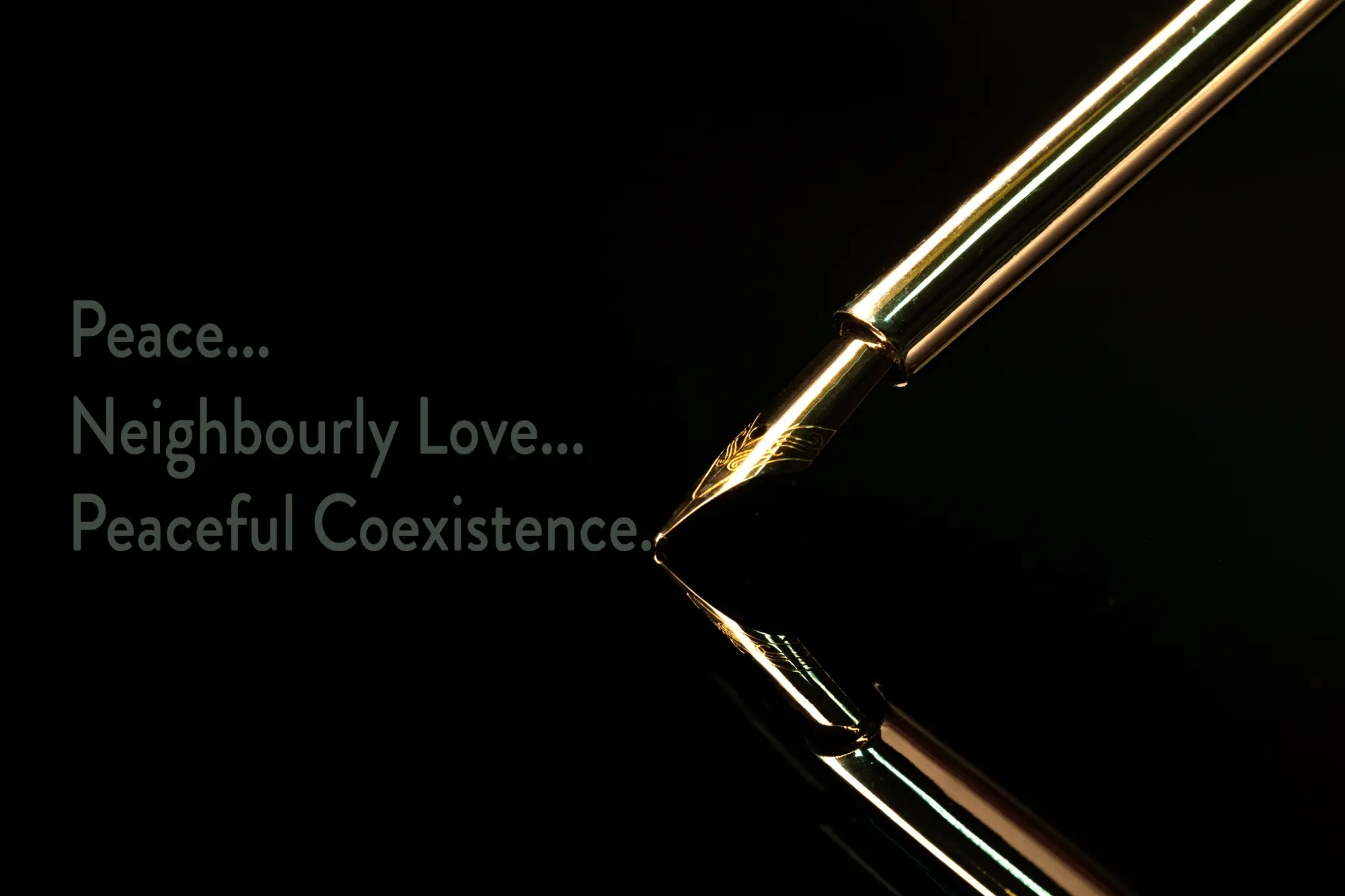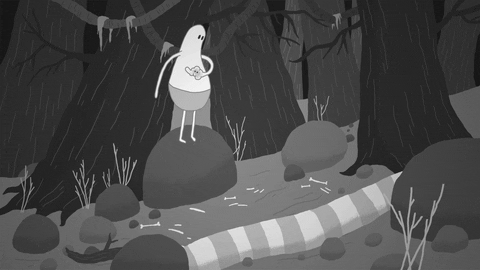
“And now abide faith, hope, love, these three; but the greatest of these is love.”
(St. Paul, 1st letter to the Corinthians, 13, bible translation: New King James version)
Why Love?
As a Christian or generally religious person you might argue that faith and hope should be first?
I’ve been through many hard times. I still consider myself lucky, compared.
Especially these days!
Yet, I had lots of opportunity to find out about what really helps. There may be your loved ones sick. You may have lost your job and be wondering why – and what to do now. You may have lost a love – and be wondering, if there will be anyone else, ever.
Many of my readers will be able to come up with more examples, and perhaps worse ones, too.
Times when hope or faith seem to be shallow compared to the pain you suffer, the losses you experience, material and immaterial, or the hopelessness you face when catastrophe strikes.
I’ve found out about some fundamentals that are true and can help to make the burden a little lighter I’ve found.
There’s the Christian adage of neighbourly love. Because, as regards yourself and others, it’s perhaps the most wonderful truth:
“Love thy neighbour as you love thyself.”
It puts it all in a nutshell:
We cannot really like or love others if we do not like ourselves too. But, how much? There’s the egotism we find, not to say egocentric point of view in quite a number of people.
And here comes the measurement in one simple sentence, phrase even:
“…as you love thyself.”
That’s what you can start practicing. It helps to take care of ourselves in ‘sickness and in health’.
And it provides the healthy amount of attention and care to pay to others.
Love, it’s at the core, again: It’s not so ancient, the idea.
And the most interesting fact that is known now, is this: After WW II many babies were orphaned. Taken to hospitals and children’s homes to be taken care of.
They were kept warm, clothed, sheltered and well-fed and nursed, when sick.
And still many of them died.
It turned out that they did not get the love and loving attention that you see in a family, usually.
They died from lack of love.
Adults sometimes lose all hope – of love and life. And they can feel so desperate that the try taking their own lives.
That’s a sad thing to know about.
That’s why love, self-esteem and kindness/friendship are crucial in human life.
The last yet not at all least remedy we know is laughter:
Laughter?
Yes indeed. It not only is fun and exhilarating.
It’s been proven that it strengthens the immune system.
It relaxes you, thereby enabling the blood to flow easier. It triggers the so-called endorphins in your body to be created – and they in turn make for joy and relaxation. And the red and white corpuscles that way become strengthened. Which is important because the white ones ‘fight’ things such as inflammation, the red ones carry oxygen.
Take it one day at a time. Even one hour at a time.
And look out for love and for laughter.









